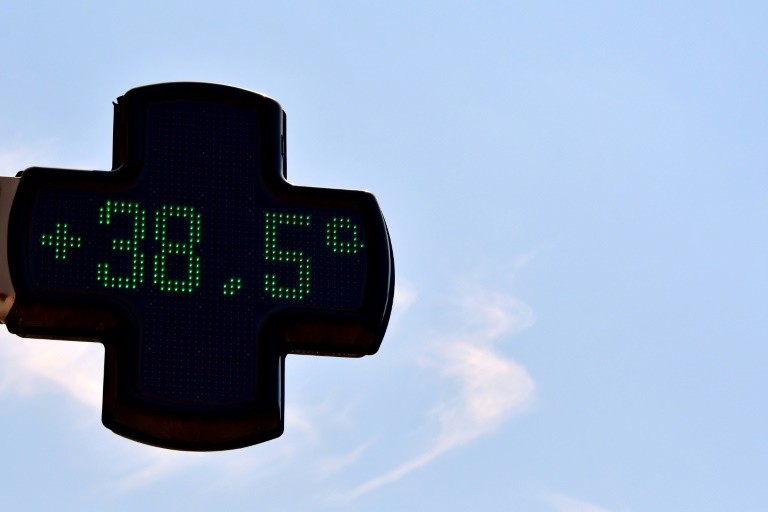Heatwave 2018: About 1500 More Deaths this Summer

The heatwave of this summer caused 1500 more deaths compared to a normal summer. However, it’s ten times less than the 2003 heatwave. Details.
The heat wave of summer 2018 caused about 1,500 more deaths than a normal summer, 10 times less than in the record of 2003, said Health Minister Agnès Buzyn on CNews Friday .
“There was an excess of mortality that was obviously expected among very old people, probably less than 1500 more deaths than is normally expected in those months,” said the minister.
Between 15,000 and 20,000 deaths in 2015
This figure represents “10 times less than the heat wave of 2003” which had made between 15 000 and 20 000 deaths, but also “less than the other hot episodes” of recent years, she noted.
In 2015, about 3000 additional deaths were recorded according to the health authorities, but only 700 in 2016 and less than 400 in 2017. In 2006, year of heatwave particularly severe, an excess mortality of about 2000 deaths had been noted.
“It really proves that prevention and mobilisation in all sectors has paid off (…) but it is inexorable that very old people have unfortunately complications,” said Agnès Buzyn, which brings together this Friday actors mobilized during heat wave.
“There was no major excess, the hospitals were not stormed by the people in very great difficulty, it was between 3 and 5% of the emergency passages only that were really related to the heat, which means that upstream doctors and nurses, the municipalities have mobilised.”
Multiplication of expected heatwaves
Faced with the expected multiplication of heat waves with climate change, she called for “organising differently” and in particular to reorganise cities, more prone to heat because of the phenomenon of urban heat islands.
The summer of 2018 was the second warmest in French history, with an average temperature above normal of “close to 2 ° C”, far from that of 2003, according to Météo-France. An exceptional heat wave particularly hit the entire country from July 24 to August 8, especially the north-east quarter.
Enjoyed this? Get the week’s top France stories
One email every Sunday. Unsubscribe anytime.


